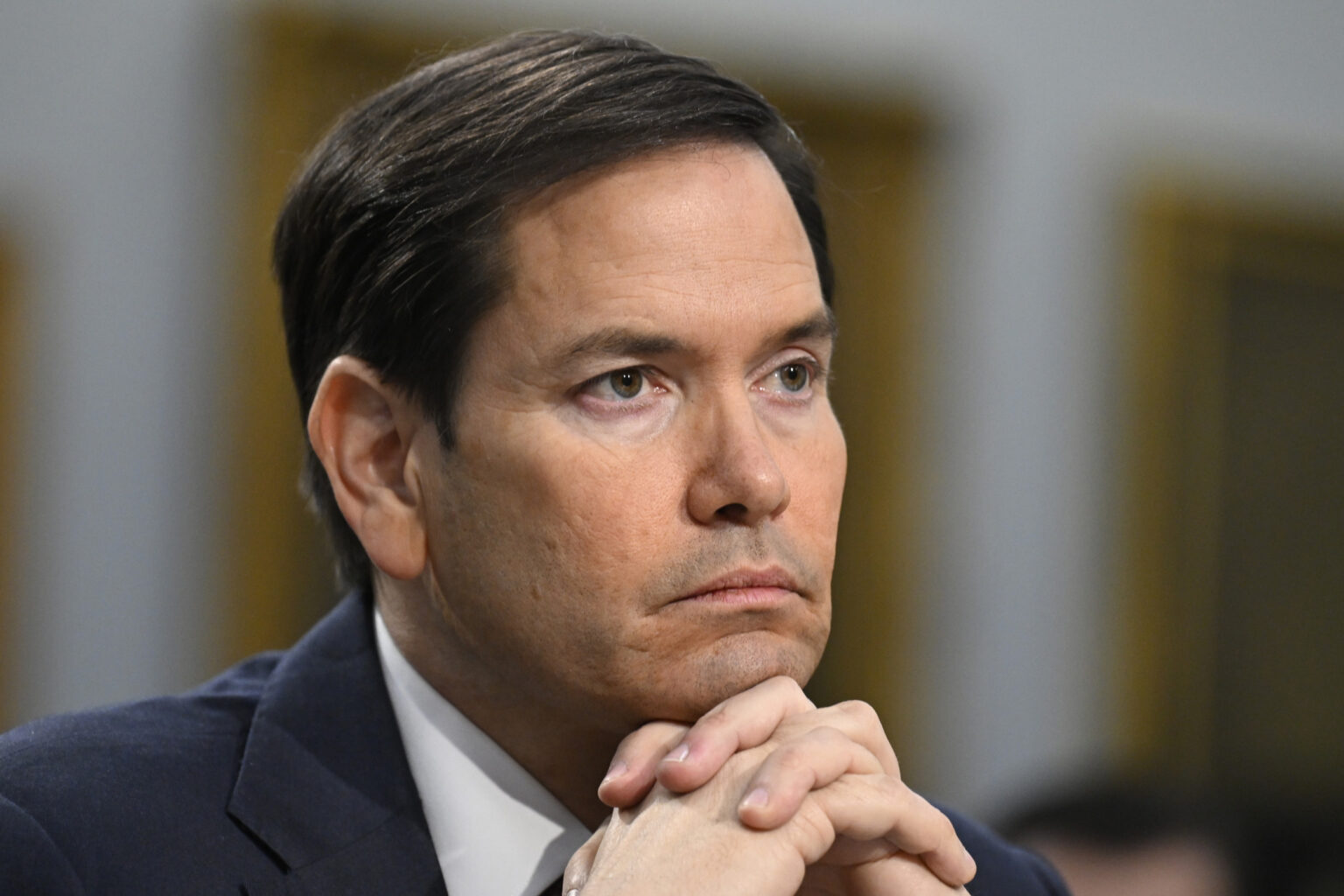Federal Scrutiny of Harvard University’s International Student Programs Sparks Controversy
Recent reports indicate that the Biden administration is intensifying its investigation into Harvard University, focusing specifically on visa holders, including international students, faculty, and visitors, rather than targeting individual students directly. According to sources cited by Fox News, senior officials from the Department of Homeland Security (DHS) have confirmed that a comprehensive review is underway to identify potential security risks or violations within Harvard’s visa programs.
This investigation follows a series of confrontations between Harvard and federal authorities, notably after the DHS attempted to block the university from admitting international students. Although a court order temporarily halted this action, tensions remain high. Additionally, Secretary of State Marco Rubio has suspended all student visa appointments at U.S. diplomatic missions as part of a broader review of visa vetting procedures.

John McDonnell/Getty Images
The Significance of the Investigation
The ongoing scrutiny underscores broader concerns about the influence of federal policies on higher education institutions, especially those with diverse student bodies. Harvard has been at the center of political debates, with critics accusing the university of harboring left-leaning ideologies that challenge traditional values. In response, the federal government has withheld billions of dollars in funding, citing alleged ideological biases and alleged violations of federal regulations.
Background and Recent Developments
The conflict between Harvard and the Trump administration began in early 2025, when federal officials accused the university of inadequately addressing antisemitism on campus, citing incidents of pro-terrorist rhetoric during protests. In April of that year, the government froze over $2 billion in federal research grants and attempted to restrict Harvard’s participation in international student exchange programs, including the Student and Exchange Visitor Program (SEVP).
Sources now reveal that DHS is also examining visa categories such as B-1 (business visitors) and B-2 (tourists) associated with Harvard. The department claims that Harvard has refused to provide requested behavioral data on visa holders, prompting further investigations. DHS Secretary Kristi Noem publicly criticized Harvard, accusing the university of fostering a hostile environment for Jewish students, promoting pro-Hamas rhetoric, and employing divisive diversity, equity, and inclusion (DEI) policies. In a letter to Harvard’s immigration officials, she stated, “Your refusal to cooperate and your campus climate have resulted in the loss of your visa privileges.”
President Donald Trump has also demanded detailed information about international students at Harvard, asserting that the government has a right to know their identities and countries of origin, especially given the billions of dollars in federal funding provided to the university. Trump expressed on social media that transparency is necessary to ensure national security.
Harvard’s Response and Legal Challenges
Harvard maintains that it has cooperated with federal authorities despite the scope of their requests. The university argues that the actions taken against it violate constitutional protections, including free speech rights, and threaten academic freedom. Harvard has filed multiple lawsuits, claiming that the government’s measures cause significant harm to its international student community, with some students considering transferring or skipping graduation ceremonies due to the uncertainty.
The university’s legal team contends that the federal government’s actions are retaliatory, aimed at punishing Harvard for resisting political pressures to alter its governance and curriculum. Harvard describes the recent restrictions as an unprecedented assault on its autonomy and a violation of the First Amendment and other constitutional rights.
Public and Political Reactions
Critics, including DHS Secretary Kristi Noem, argue that Harvard’s refusal to comply with federal requests demonstrates a disregard for national security and public safety. She stated, “Universities should not be above the law, and their participation in international programs must adhere to federal standards.” Noem further accused Harvard of enabling anti-Semitic and pro-terrorist sentiments on campus, linking these issues to broader concerns about foreign influence and campus safety.
Harvard, on the other hand, asserts that it has made every effort to comply with federal requests, despite the broad and vague nature of the demands. The university claims that the government’s actions are retaliatory and threaten its core academic principles. Harvard’s legal filings describe the situation as a violation of constitutional rights and an attack on academic independence.
Implications for Higher Education and Future Policies
The standoff between Harvard and federal authorities has ignited a national debate about the role of elite universities, the limits of federal oversight, and the future of international students in the United States. As legal battles continue, the outcome could reshape policies governing international education and university autonomy. The case also raises questions about the balance between national security concerns and the preservation of academic freedom in American higher education.
With hundreds of students and faculty caught in the crossfire, the situation remains fluid, and the broader implications for universities across the country are yet to be determined. The ongoing dispute highlights the complex intersection of politics, law, and academia in shaping the future landscape of American higher education.

